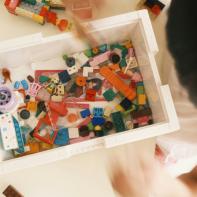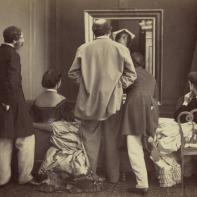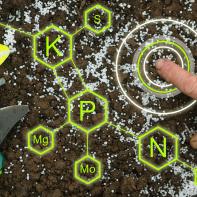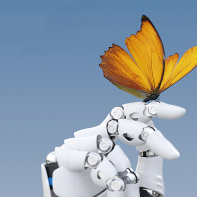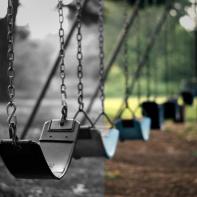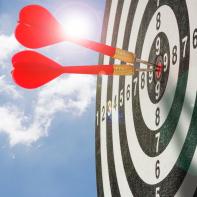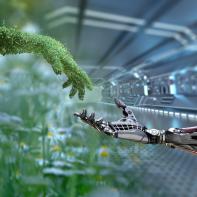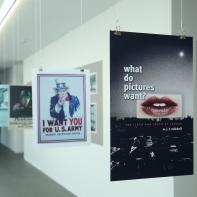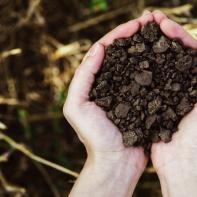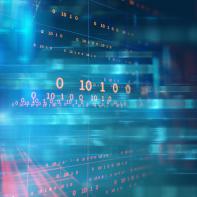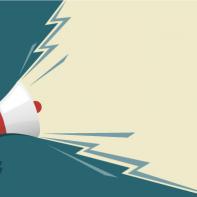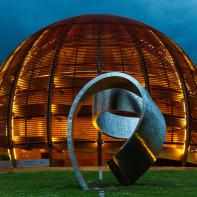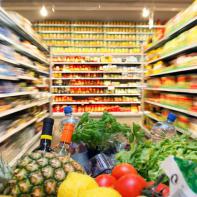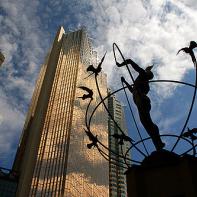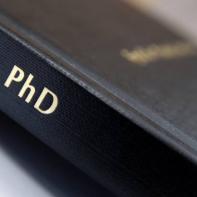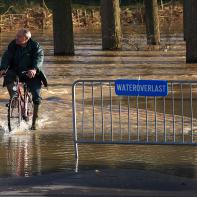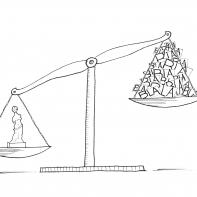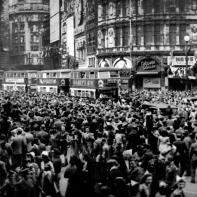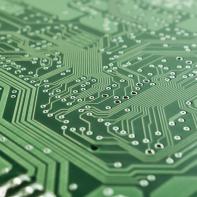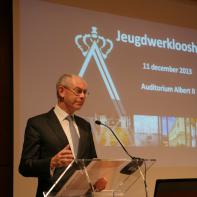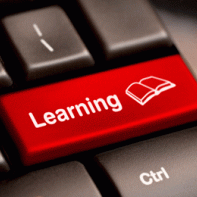Denkersprogramma

Met het Denkersprogramma beoogt de Academie het maatschappelijk debat in Vlaanderen te versterken en een langetermijnvisie te ontwikkelen omtrent beleidsmatige uitdagingen. Het programma is een uniek multidisciplinair en toekomstgericht initiatief met maatschappelijke weerslag op hoog niveau.
Centraal staat een vooraanstaand internationaal expert of een panel van internationale experten. Samen met de leden van de Academie en talrijke partners en stakeholders wordt gewerkt rond een actuele problematiek waarop Vlaanderen een belangrijke impact kan hebben. Het doel is een significante bijdrage te leveren tot de verdere strategische ontwikkeling van Vlaanderen door een langetermijnvisie te ontwikkelen en op die wijze bij te dragen tot de beleidsvorming.
Jaarlijks organiseert de Academie twee cycli van het Denkersprogramma. Op initiatief van de vier klassen bepaalt de Academie de thema's en uitdagingen van het programma. Er wordt vrij geïnterageerd met tal van stakeholders in de betrokken domeinen. Doorheen tal van activiteiten worden concrete ideeën en aanbevelingen ontwikkeld. Deze worden gepresenteerd tijdens het Slotsymposium en in het rapport van de Denker(s) achteraf.
Inspiratie voor het Denkersprogramma werd gevonden bij het Thinkers in Residence Program van de staat South Australia te Adelaide.
De Academie kan reeds terugblikken op enkele succesvolle Denkersprogramma’s:
Recent Thinkers' Programmes
Hoe kunnen we cognitief sterke kinderen en jongeren écht tot bloei laten komen? Het denkersprogramma zoekt antwoorden op deze vraag door internationale experts, Vlaamse specialisten en organisaties samen te brengen.
Thinker's program organized by the Class of the Arts under the direction of Thierry De Duve.
The Royal Flemish Academy of Belgium for Sciences and Arts organizes in 2023-2024 the Thinker's Cycle Nitrogen: in all fairness.
Artificial intelligence and the implications for our human image (autonomy, self-determination, the need for a ‘digital humanism’).
Inequality in education is a financial, social and cultural problem.
Confidence of society in science is based on the reproducibility and replicability of the results.
Over de bijna-energie- en koolstofneutraliteit van gebouwen in 2050, m.i.v. de transities in ruimtelijke ordening en mobiliteit.
Is een nieuw beleid nodig inzake verantwoord onderzoek naar technologische innovatie?
On the language of debate and communication on climate change.
Reflections by Thinker-in-residence W.J.T. Mitchell.
Soils as natural capital in the 21st century: challenges and opportunities.
Focus on ethical problems, policy and science.
Focus on the influence of disinformation on democratic processes.
Analysis and reflection on the scope and role of CERN for Belgium in general and Flanders in particular.
Reflection on the challenges the Flemish food sector faces today.
How can society deal with it? Reflection on both political theory and concrete social problems.
Is the move towards transparency a move towards a more open and critical society or is there the danger that it leads to a society closed onto itself?
Small to Medium-sized Nations in International Collaborative Science
How can we transform this potential "Starters Cloud" into economic momentum and employment for Flanders & Europe?
A positive narrative about climate change and resilience in the context of water. An adaptation strategy for Flanders.
Tackling the debate on art and culture in Flranders focusing on policy and urban economy.
Hoe kunnen we het einde van de naoorlogse consensus begrijpen? Hoe moet het verder?
Innovative Entrepreneurship via Spin-offs of Knowledge Centres in Flanders, Belgium and Europe.
Is Flanders indeed on its way to a curiosity and innovation driven knowledge society?
Current youth unemployment is double or emore than unemployment rates for all ages. A reflection on the cause and possible solutions.
There is a need for a systemic vision on the optimal exploitation of ICT and the internet for the Higher Education of the 21st century.


